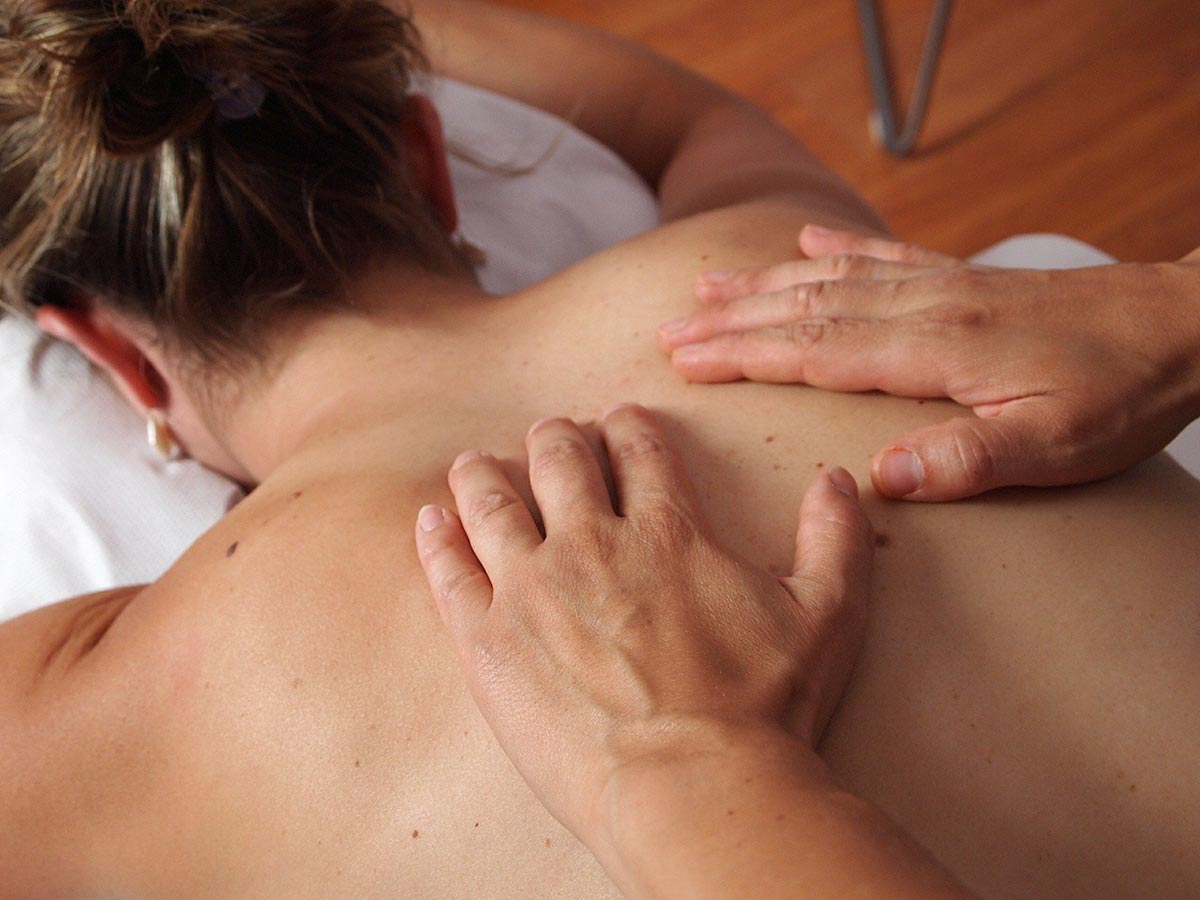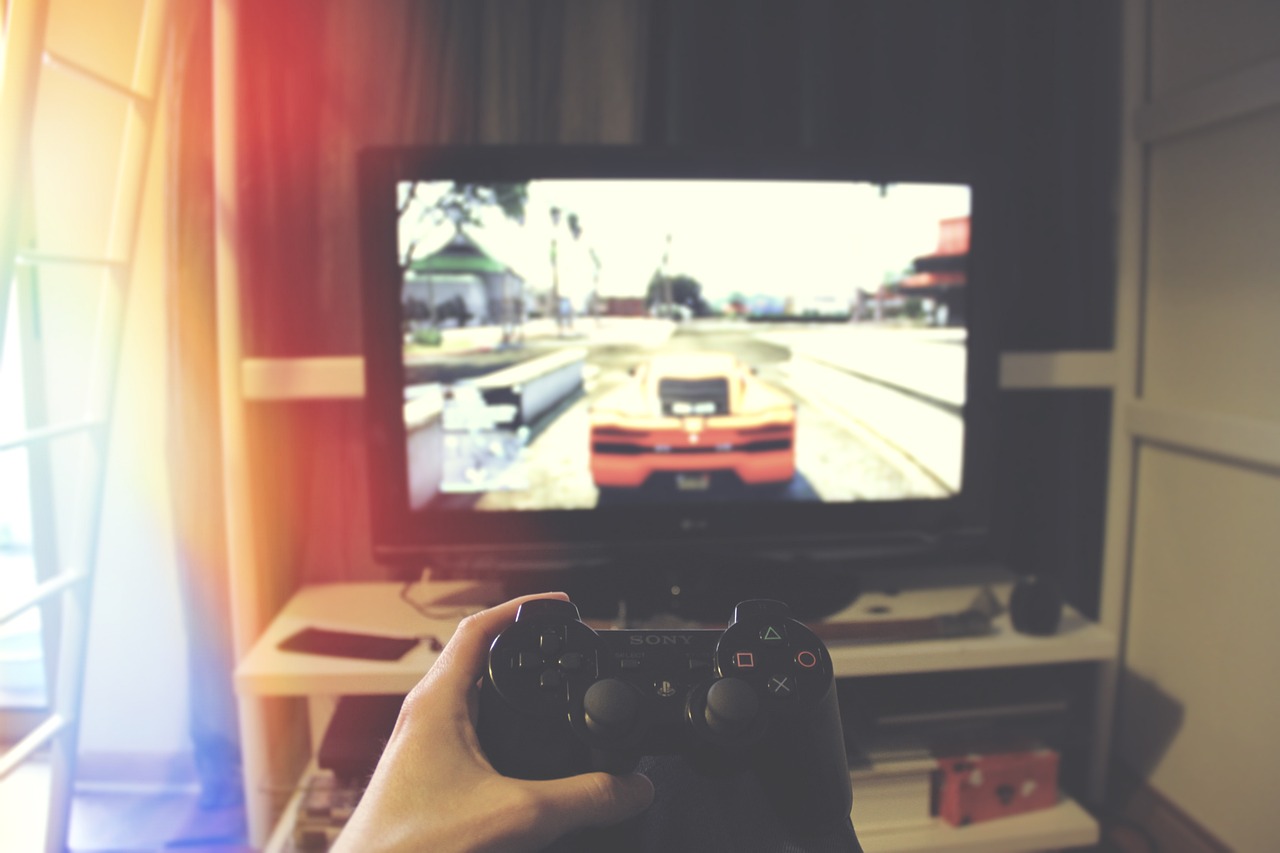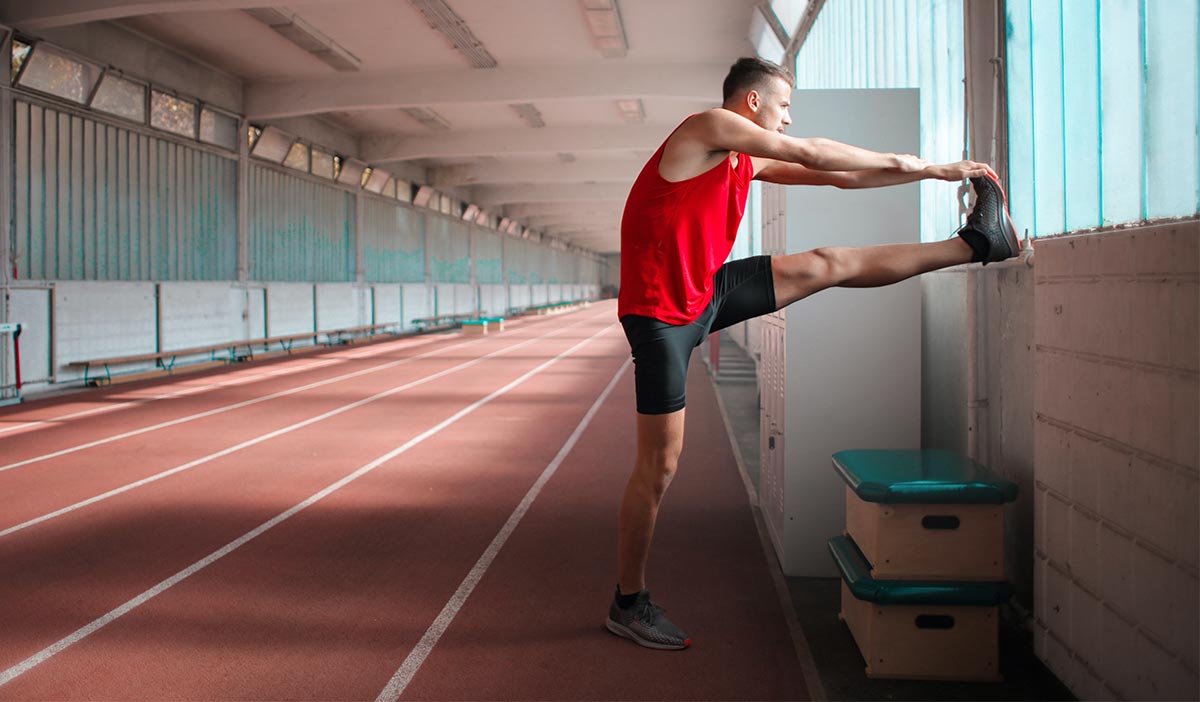Exploring The Surprising Benefits Of Massage
The answer is indeed yes. Massage can absolutely help you become more fit, but the “how” often surprises people who assume massage is just about decadent pampering. Current medical discussions in English emphasize that massage can complement a wellness or fitness plan by addressing the factors that sabotage our best health intentions. Many individuals eat more than they need because of stress, and that same stress lowers immunity, making it easier for illness to creep in. Massage has been shown to reduce stress levels, which means it potentially lowers emotional eating triggers. Spending an hour on a comfortable table in a dimly lit room with soft music can do wonders for a frazzled nervous system, but adding a skilled therapist’s touch elevates that calm to a whole new level. Massage helps shift the body out of fight-or-flight reflexes and reminds it to relax, which can have a cascading effect on your overall fitness journey.
Connecting Body Awareness With Lifestyle Improvements
Receiving regular massages at least twice a month can increase body awareness. This simple-sounding phrase carries significant weight because body awareness is about paying close attention to cues that tell you how you feel and what your body needs. Most of us wander through our days on autopilot, unaware of how our muscles are reacting to daily tension or what foods we’re using as an emotional crutch. By scheduling massage sessions, you focus on yourself in a more deliberate way, which often leads to other life-enhancing choices. You might notice lingering aches or realize you’re dehydrated, and such realizations can spur you to make healthier decisions. You start to observe that when you do one good thing for your body, you want more of that good feeling, which eventually builds momentum for better fitness habits.
Easing Muscle Pain And Encouraging Consistent Workouts
We know we need regular exercise to maintain optimal health, but many times we opt out of workouts because our muscles hurt, our energy lags, or we simply don’t feel well. Massage helps with these issues by reducing pain. Research indicates that massage therapy boosts blood flow to muscles and joints, enhancing circulation and releasing natural painkillers, often referred to as the body’s opioids. Easing discomfort translates to fewer excuses. Once pain recedes, movement becomes more fluid, and energy levels get a welcome boost, making regular exercise less daunting. Rather than dreading the treadmill because your muscles ache from last week’s exertion, you feel more inclined to lace up your sneakers. Recent studies in English have also hinted that consistent massage can expedite muscle recovery, further reducing the downtime that breaks fitness routines.
Combating The Harmful Effects Of Chronic Stress
Chronic stress can be a silent saboteur, weakening the immune system and contributing to everything from weight gain to frequent colds. When the body senses stress, whether physical or emotional, it responds with a fight-or-flight reflex that increases heart rate, alters digestion, and sends a jolt of chemicals like adrenaline throughout the system. This response may be helpful if you’re outrunning a wild animal, but not so useful when the stress is a looming deadline or an argument with a friend. If the body remains locked in this elevated state, you become more susceptible to illness because your internal resources focus on stress management rather than disease prevention. Reducing stress through massage sends the message that it’s safe to relax. As tension dissolves, the body can reallocate resources, so it fights off disease more effectively instead of battling continuous stressors. Diminished stress translates into a more robust immune function, allowing you to maintain your exercise schedule and general sense of wellness.
Addressing Multiple Aspects Of Health In One Go
Convincing people that massage can make them more fit sometimes requires showing the wide range of tangible improvements. For instance, massage can lower blood pressure, ease anxiety, and increase circulation. It also helps counter insomnia, improves skin condition, bolsters posture, and supports faster healing of soft tissues. Many pregnant individuals find that massage alleviates discomfort and facilitates more mobility. Others find that their body image improves, because being touched therapeutically can make you more comfortable in your own skin. One of the fascinating angles is that these benefits weave together. Lower blood pressure combines with reduced anxiety, which enhances sleep quality and, in turn, boosts energy levels for consistent workouts. Improved posture helps with breathing and form during exercise, and better circulation means that nutrients and oxygen reach muscles more efficiently, aiding recovery. Any single advantage of massage might appear modest, but collectively they shape a physiology better prepared for maintaining a fitness routine.
Choosing Massage As A Worthwhile Fitness Investment
Many people view massage as a luxury, something reserved for special occasions or lavish spa days. Yet when you factor in the combination of stress relief, muscle pain alleviation, and overall body awareness, it starts looking more like a functional part of a fitness regimen. These sessions serve a dual role: they feel wonderful in the moment, and they nurture your health long after you leave the massage table. Some in the medical community draw parallels to restorative yoga or guided meditation, highlighting that regular massage can prevent minor aches from turning into chronic pains that sideline you from exercising. Massage also fosters a sense of self-care that fuels other healthy behaviors, from better dietary choices to more positive social interactions. If chocolate cake is sometimes described as a sinful treat, massage could be its guilt-free counterpart, delivering nourishment to body and mind without the negative side effects. The only difference is that massage comes packed with metaphorical vitamins in the form of better circulation, stress reduction, and the extra motivation to keep your workouts on track.
Embracing The Link Between Massage And Fitness
Ultimately, massage can help you become more fit because it softens the obstacles that typically block our path to consistent wellness. By reducing stress, loosening sore muscles, and supporting the body’s natural healing mechanisms, it paves the way for a more active lifestyle. It is not a magic bullet; you still need to engage in moderate exercise, maintain balanced nutrition, and look after your mental well-being. Nonetheless, integrating massage into your schedule can help make those tasks more manageable by keeping pain at bay and energy levels steadily rising. Whether you are an athlete aiming to improve performance or someone simply looking to reduce stress-related overeating, massage complements nearly any overall health strategy. It offers immediate comfort and carries with it a ripple effect that can positively influence your motivations for better self-care. Each time you step off the massage table, the urge to sustain that sense of harmony often leads to smarter dietary decisions and renewed enthusiasm for exercise routines. Giving yourself permission to enjoy massage sessions is more than self-indulgence; it’s a potent act of investing in long-term fitness.













